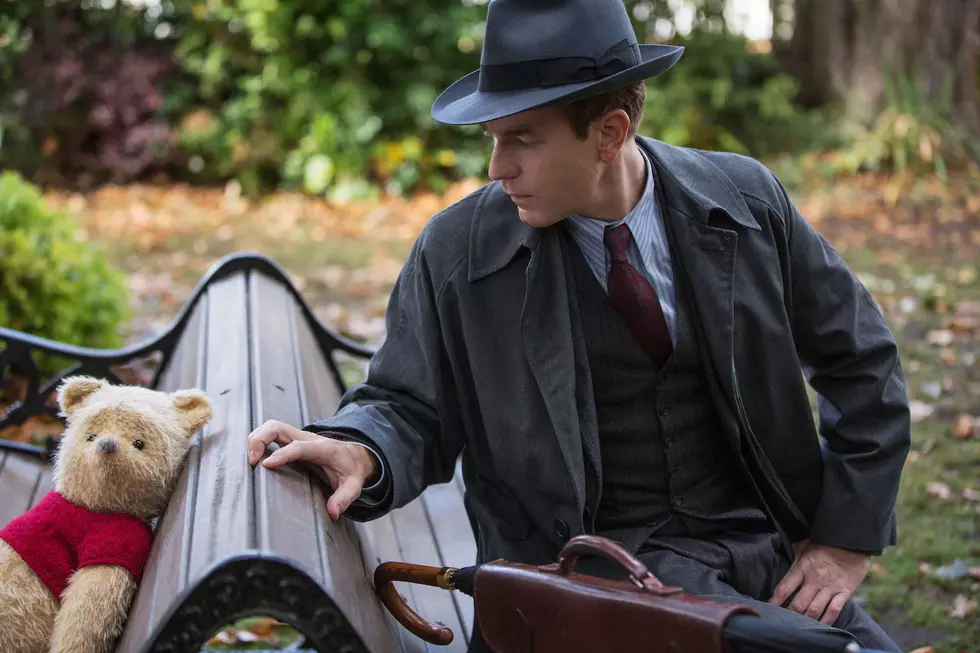
The Original Mickey Mouse Is About to Enter the Public Domain
For years, one of the laws passed in Congress to extend the term of a copyright on a work of art was referred to as the “Mickey Mouse Protection Act,” because Disney was among the companies that was most invested in maintaining their legal protection over their signature creation for as long as humanly possible.
By law, all films, music, and books created in the United States are protected under copyright. But copyrights eventually expire, and when they do, those works enter the “public domain” which means anyone is free to share those works — or to create derivative works based on the original works without the original author’s (or, more realistically, the author’s estate’s) permission.
Well, on January 1, 2024, that’s exactly what will happen to Mickey Mouse — or at least the Mickey Mouse who appeared in the very first cartoon featuring the character, 1928’s “Steamboat Willie.” It’s essentially the day Disney has spent decades working to put off as long as possible. Now it is here.
READ MORE: Winnie-the-Pooh Horror Director Plans More Scary Kids Movies
In a statement, Disney made it clear that just because “Steamboat Willie” is in the public domain doesn’t mean the character himself is free and clear for anyone to do what they wish with him. As they put it:
More modern versions of Mickey will remain unaffected by the expiration of the Steamboat Willie copyright, and Mickey will continue to play a leading role as a global ambassador for the Walt Disney Company in our storytelling, theme park attractions, and merchandise ... We will, of course, continue to protect our rights in the more modern versions of Mickey Mouse and other works that remain subject to copyright.
Disney is correct. While you could theoretically share “Steamboat Willie” without any repercussions, you can’t just turn Mickey Mouse into the logo of your animation company; Disney still holds a trademark on Mickey Mouse in that form, and that is not going to expire any time soon. And given how carefully Disney has protected Mickey and their other signature creations through the years — the story of the company demanding a Florida day care remove unlicensed Disney images from their walls, for example, are legendary and true — I would expect them to be as or more litigious about copycats or knockoffs moving forward.
January 1 has become a big day for the public domain, as it is the first day every year’s crop of old works leave their copyright protection and become available to anyone. A few years ago, for example, it was a major story when the original Winnie-the-Pooh joined the public domain — and before too long an enterprising horror filmmaker made an unauthorized (but legally permissible) slasher film titled Winnie-the-Pooh: Blood and Honey. The movie got disastrous reviews — and made a slew of money.
If you saw it, you know that the film only featured Pooh and his pal Piglet; their buddy Tigger was nowhere to be seen in the film. That‘s because Tigger wasn’t in the original Pooh story that was in the public domain; the rights holders could have sued if they had included his character. But guess what? Tigger joins the public domain on January 1, 2024 along with Mickey Mouse. I think I smell a sequel coming...
brandedapppromo]
The Best Movies of 2023, According to Letterboxd
More From KROC-AM










